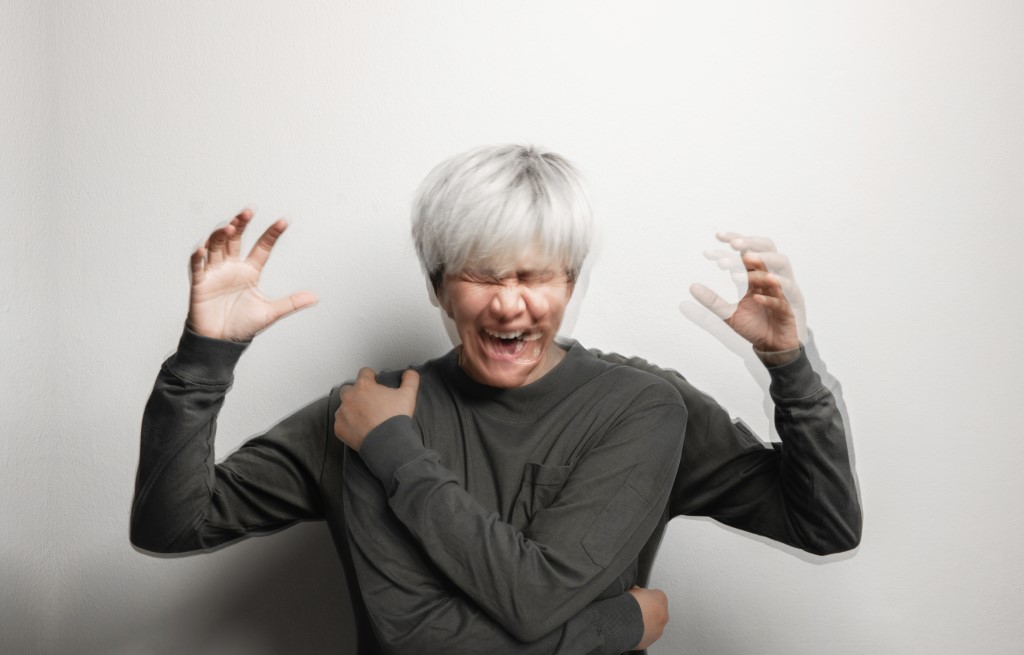
When you’re grappling with addiction, sometimes the most powerful source of understanding comes from someone who has walked in your shoes. Enter the peer support specialist: individuals who have weathered the storm of addiction and emerged on the other side, now eager to guide others through their own recovery journeys.
In the realm of addiction treatment, peer support specialists serve as the bridge between the clinical team and you. These specialists understand the intricate dance of shame, guilt, and the profound mistrust that might deter you from seeking help. Their lived experience provides a unique perspective, allowing them to approach you with genuine empathy, rather than just clinical understanding.
The value of this empathetic connection cannot be understated. Studies have shown that individuals often find it easier to open up about their struggles when they feel genuinely understood. Peer support specialists, with their firsthand experience, are uniquely positioned to help break down the barriers of mistrust. They not only relate to your challenges but also stand as living proof of the possibility of a brighter future beyond addiction.
Furthermore, in a country like South Africa, where diverse cultures and socioeconomic backgrounds converge, the need for a relatable and understanding touch in treatment is ever more pressing. Peer support specialists, having faced many of the same societal and internal challenges you might be experiencing, bring a level of relatability that is invaluable in the recovery process.
Seeking help for addiction might seem like a daunting task, especially when weighed down by feelings of guilt, shame, or mistrust in the treatment process. Yet, rehab centres equipped with peer support specialists offer you the chance to connect with someone who truly gets it. Opting for such a comprehensive treatment approach means you’re not only gaining access to medical and psychological support but also to a community that deeply understands your journey.
Peer Support Specialists in Addiction Treatment:
| Aspect | Previous Approach | Latest Developments |
|---|---|---|
| Training and Certification | Lived experience as primary qualification | Structured training programs ensuring a blend of personal experience and professional guidance |
| Digital Platforms | Limited to face-to-face interactions | Remote access to peer support via digital platforms, increasing reach and availability |
| Integration with Clinical Teams | Worked as standalone entities | Integrated into clinical teams for a more comprehensive and collaborative approach to patient care |
| Cultural Sensitivity Training | Generalized approach without specific cultural considerations | Emphasis on cultural sensitivity, catering to the diverse South African population |
| Holistic Support Programs | Focused solely on addiction-related challenges | Trained to offer support for broader life challenges intersecting with addiction recovery |
This table highlights the evolution and progressive enhancements in the role of Peer Support Specialists in addiction treatment, ensuring you’re getting the most comprehensive care possible.
In the evolving landscape of addiction treatment, the role of peer support specialists has seen significant advancements, ensuring you have the best support on your recovery journey.
- Training and Certification: Gone are the days when lived experience was the sole qualification. Nowadays, many institutions offer structured training programs for peer support specialists. This ensures that when you interact with one, you’re not only talking to someone with personal experience but also someone equipped with the tools to offer you professional guidance.
- Digital Platforms: In the age of technology, many support groups and rehab facilities are leveraging digital platforms. This means that you, or someone you know, can access peer support remotely, making it easier than ever to receive guidance, especially in times of crisis.
- Integration with Clinical Teams: In modern rehab centers, peer support specialists aren’t standalone entities. They’re increasingly integrated into clinical teams. This collaborative approach ensures that you receive a seamless blend of clinical care and empathetic peer support.
- Cultural Sensitivity Training: Given the diverse nature of South Africa’s population, there’s a growing emphasis on cultural sensitivity training for peer support specialists. It ensures that when you seek support, you’re met with understanding, irrespective of your cultural or socio-economic background.
- Holistic Support Programs: Recognizing the various challenges that individuals face in recovery, peer support specialists are now trained to offer holistic support. This means they not only guide you through addiction-related challenges but also help you navigate other life challenges that may intersect with your recovery.
All these developments are geared towards ensuring that when you, or someone close to you, decides to seek help, the journey is made smoother with the presence of trained and empathetic peer support specialists. As you venture on your recovery path, remember that the field is continually evolving, always striving to offer better, more tailored support to individuals like you.
